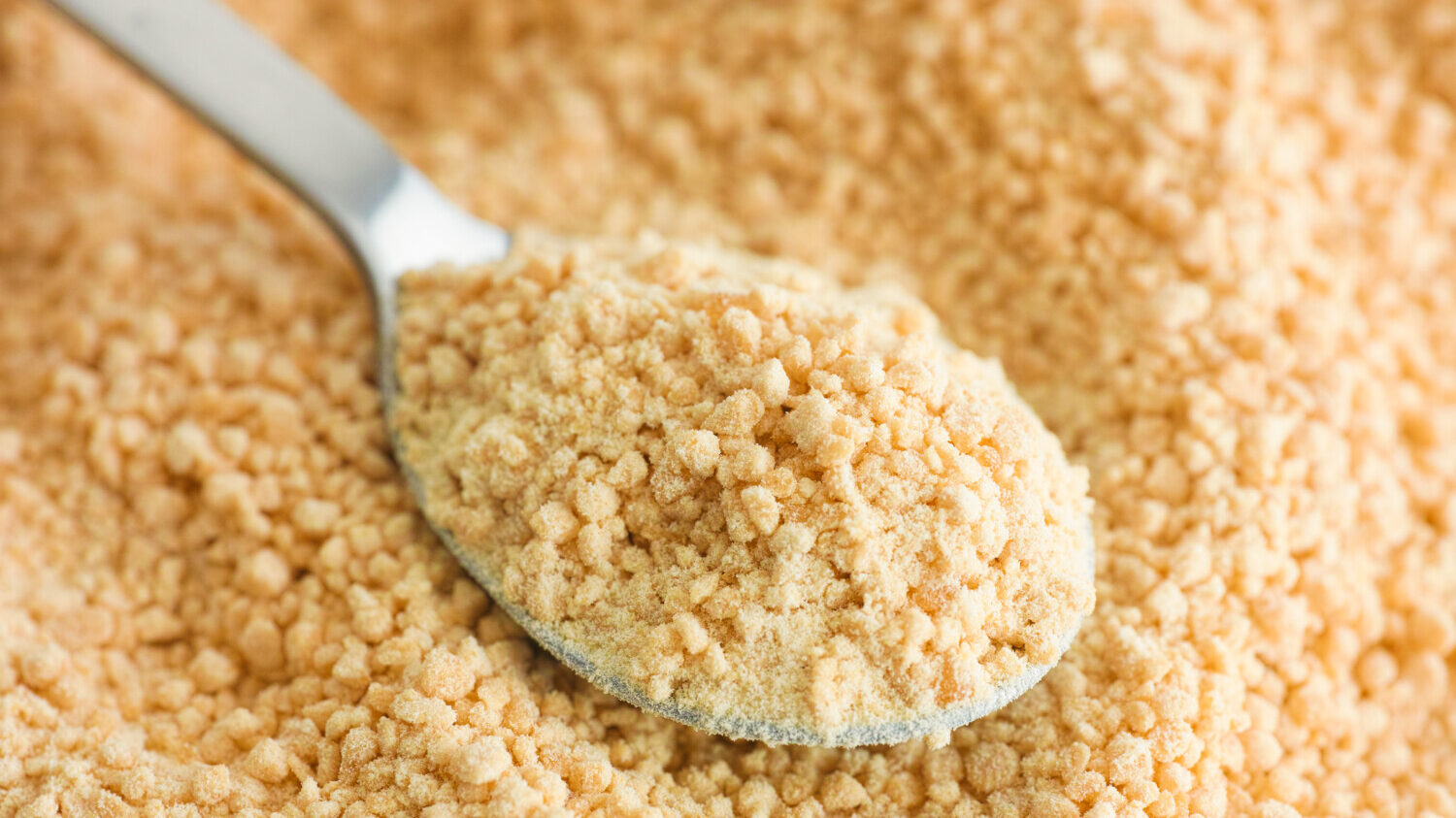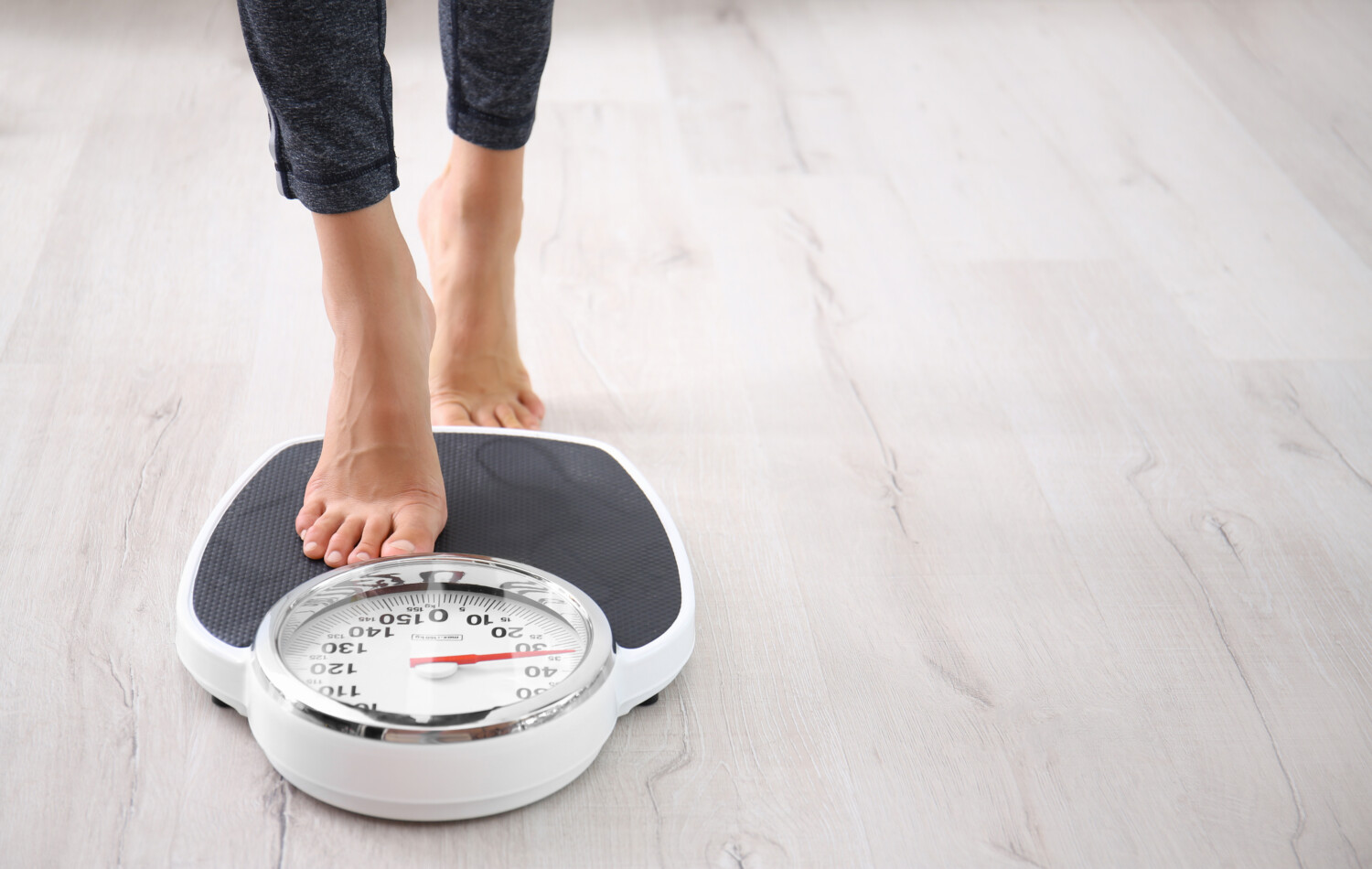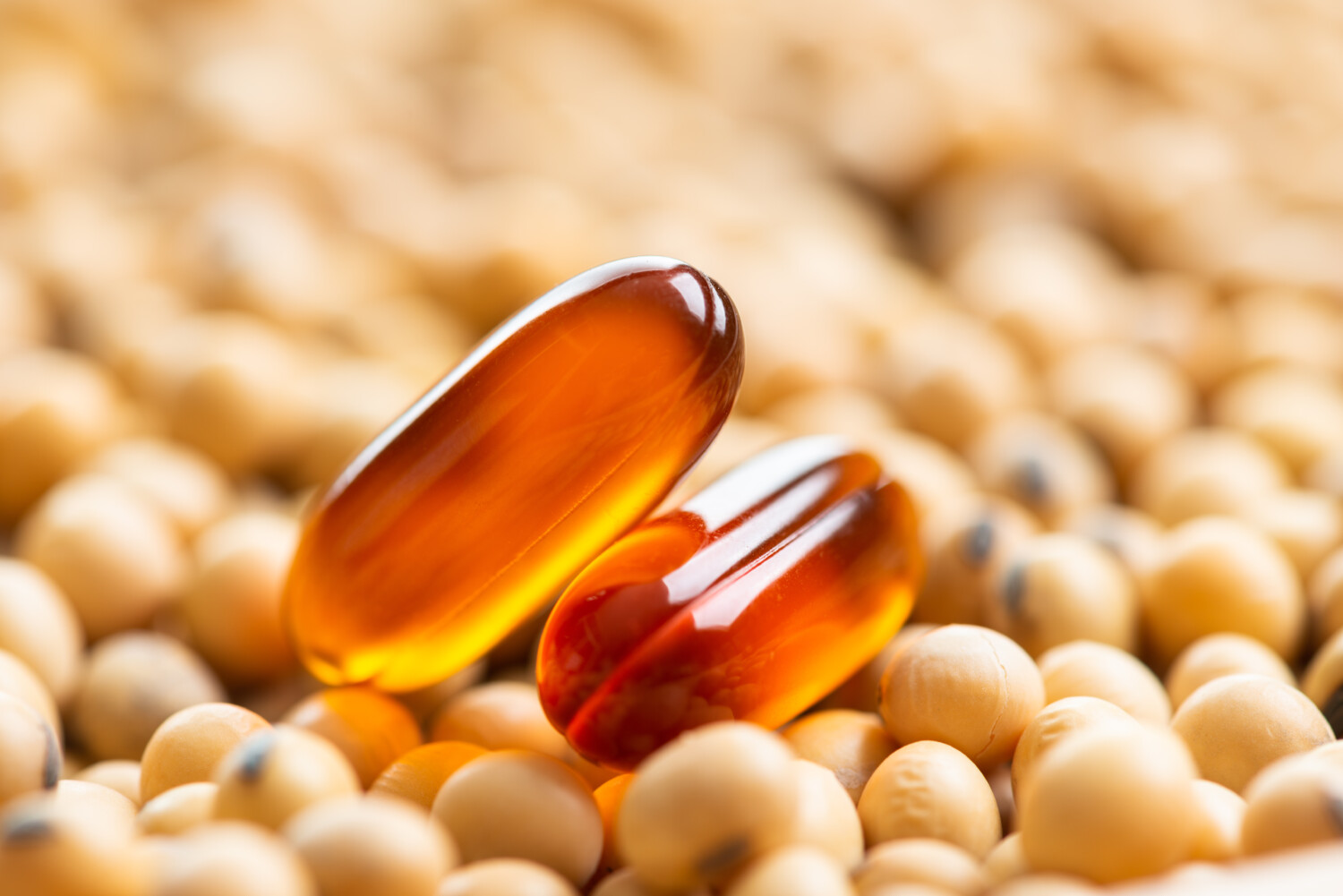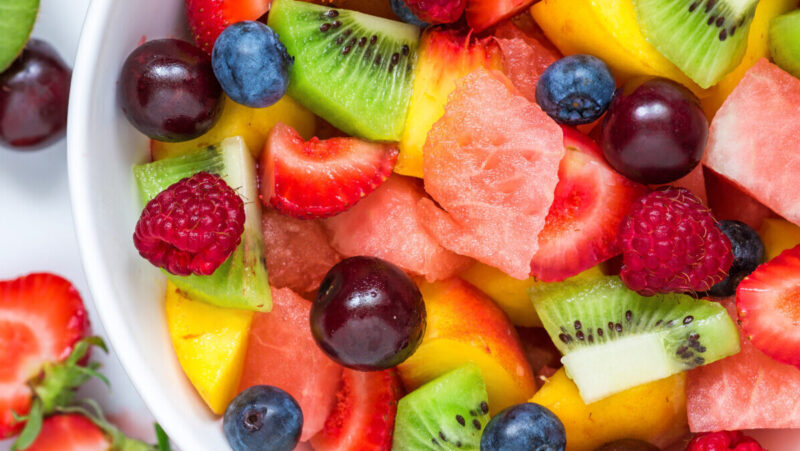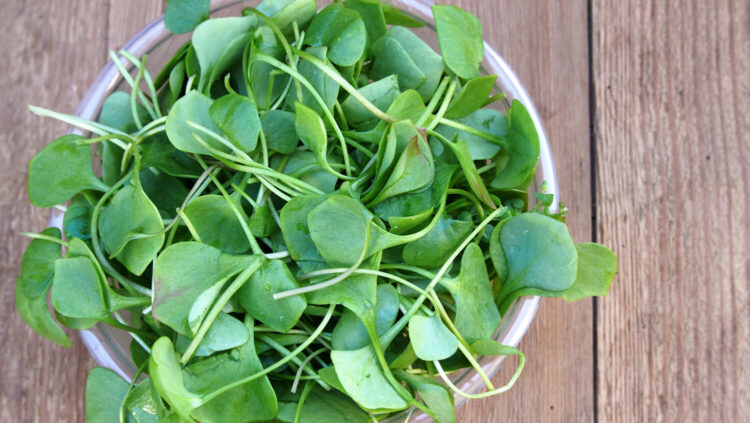Here’s what you need to know about lecithin and weight loss
There’s no magic pill for weight loss — or so we’ve been told ad nauseam by doctors, nutritionists and fitness experts.
But lately, the news is filled with reports of diabetes medications like Ozempic and Wegovy that may also provide an effective weight loss solution. Are there actually products that can help you trim your waistline?
Amid this national discussion, wellness experts are considering some weight-loss claims about another substance: lecithin. This compound is already associated with several other health benefits, and some in the weight loss industry have begun to look into how lecithin might help boost metabolism, too.
Here’s what you need to know about lecithin.
Health Benefits of Lecithin
Lecithin is a naturally occurring mixture of fats found in foods like egg yolks, red meat, soybeans and sunflower seeds. Lecithin contains phospholipids, a type of fat, which the body converts into choline — an essential nutrient that helps maintain our cell membranes and boosts nervous system function. With these health benefits in mind, researchers have studied lecithin in various nutrition trials — especially lecithin supplements derived from soybeans.
Soybean lecithin has been shown to lower LDL (bad) cholesterol and raise (good) HDL cholesterol. And because lecithin has emulsifying properties (it stabilizes mixtures of fats and water), researchers are working on using it to aid the digestive process and protect the lining of your digestive system.
Some doctors prescribe lecithin supplements to prevent or treat clogged milk ducts in nursing women. The choline in lecithin is believed to have a connection to brain health, so experts continue to test its possible effectiveness in treating memory loss and Alzheimer’s. And since lecithin is known to stimulate cell membranes, some skincare experts recommend taking supplements for healthy skin.
MORE: BMI alone doesn’t accurately predict life expectancy, new study finds
Weight Loss Claims
But can it also help you lose weight? A few experts — including nutritionist Ann Louise Gittleman, Ph.D. — are bullish on lecithin’s ability to help people shed pounds. Gittleman explained to First for Women that consuming lecithin makes cell membranes more pliable and healthy, which in turn stimulates the metabolism.
“Lecithin is a fat-flushing accelerator,” Dr. Gittleman told the magazine. “People see an extraordinary change in their waistline when they increase their intake.”
She explained that lecithin loosens and rebuilds cell membranes, allowing cells to get rid of toxins that “act as fat magnets, increasing fat storage.” In Dr. Gittleman’s estimation, as many as 90% of women over 50 don’t consume enough lecithin to keep cell membranes healthy and their metabolism running at full speed.
But so far, few doctors have joined Gittleman in this full-throated endorsement for lecithin as a weight loss aid. In the many articles touting the health benefits of the compound, metabolism-boosting properties are rarely mentioned. And some dietitians, such as public health expert Regina C. Windsor, have made a point of quashing the notion. In an article for Verywell Health, Windsor stated that there isn’t good scientific evidence to back up weight loss claims.
That said, lecithin clearly has enough positive benefits to keep researchers coming back to it again and again. Health experts continue to study the ways it can aid in the function of the brain, nerves and other organs. So if you’re looking to boost your cellular function and nervous system, consider adding it to your diet.
MORE: Parsley’s health benefits will have you adding the herb to your diet
How to Incorporate Lecithin Into Your Diet
People who take lecithin to target specific ailments often take it as a supplement derived from sources like soybeans, sunflower seeds or eggs. The supplements often come in 1,200 mg capsules, but they can also be taken in the form of a liquid, pills or powders. Supplement manufacturers tend to suggest taking it with meals. It’s generally considered safe in doses of up to 30 grams a day for up to six weeks — unless you’re allergic to eggs or soy and are taking that type of supplement.
If you’re just looking to add more lecithin to your diet generally, there are plenty of ways to get it from food. Here are some rich sources of lecithin:
- Soybeans are a great source of lecithin, though that’s just one of many reasons you might consider eating more of them. Soybeans are known as a superfood because of their fiber, vitamins, minerals and antioxidants.
- Egg yolks have long been considered the “less healthy” part of an egg because of the cholesterol in them. But they are also a great source of lecithin. In fact, egg yolk is reported to have three times the amount of lecithin in soybeans.
- Organ meats like chicken liver are good ways to consume lecithin in addition to folic acid and vitamin A.
- Wheat germ is known for imparting fiber, protein and iron, but it’s also rich in lecithin. Add it to batters when baking or sprinkle it on cereal.
- Sunflower seeds are a healthy snack not just for their lecithin levels but also for folate, magnesium and vitamin E.
What do you think? Will you be adding lecithin to your diet?
MORE: Dietitians explain why you shouldn’t praise someone’s weight loss


